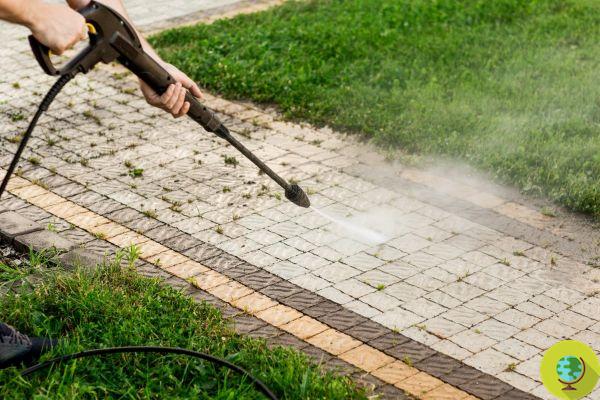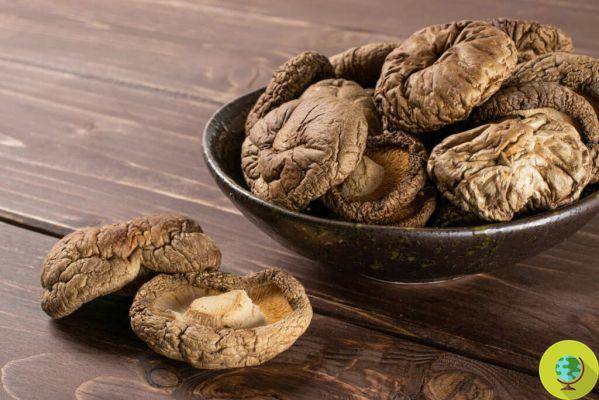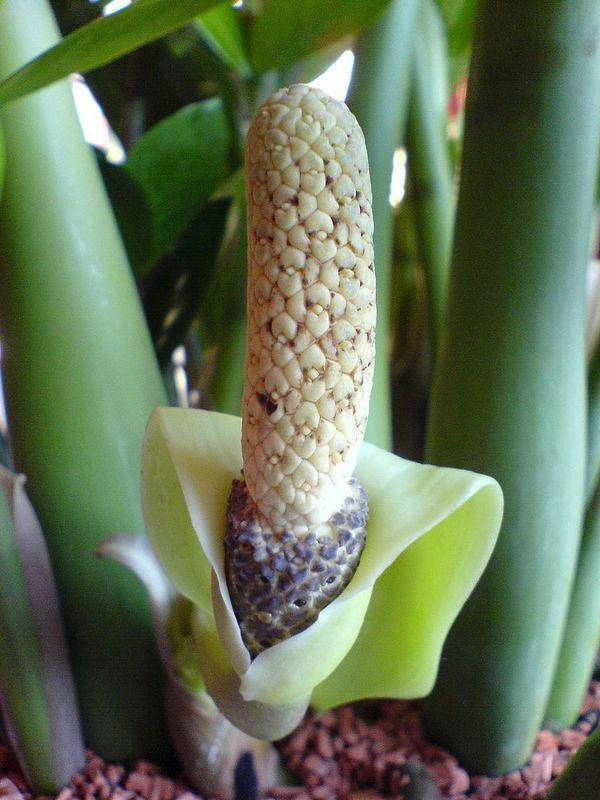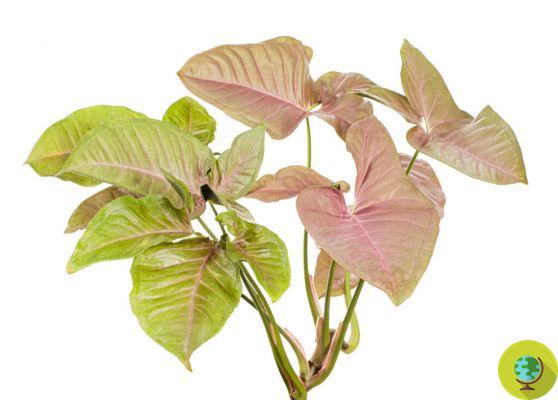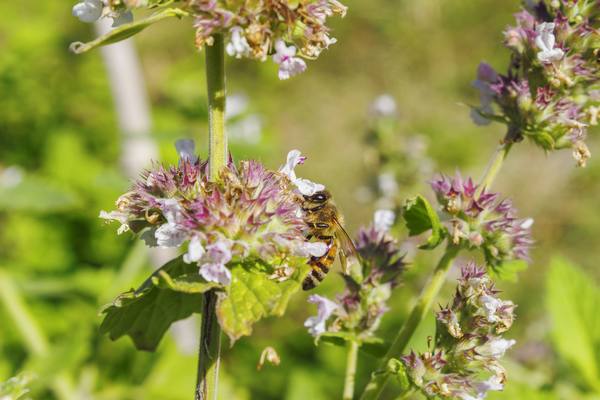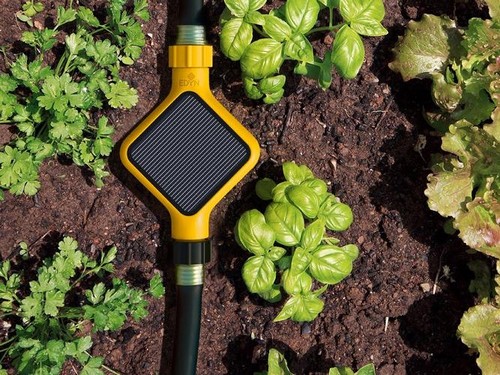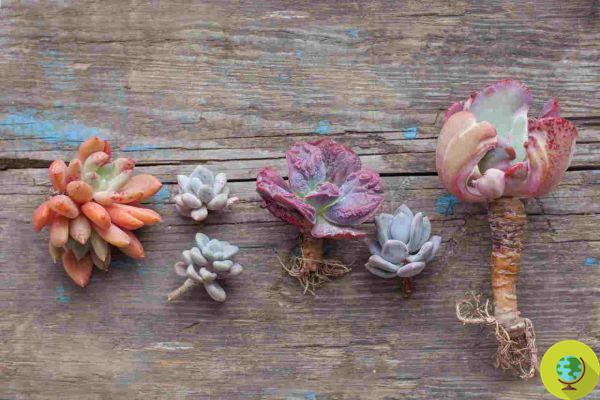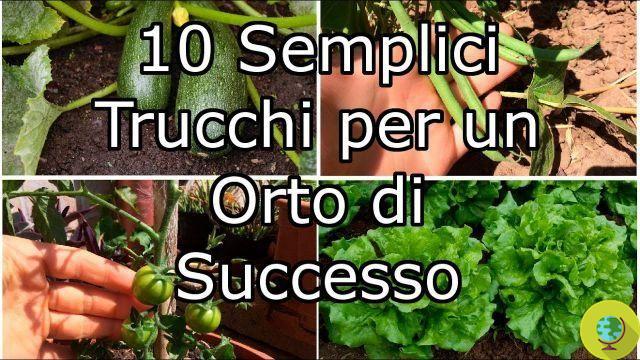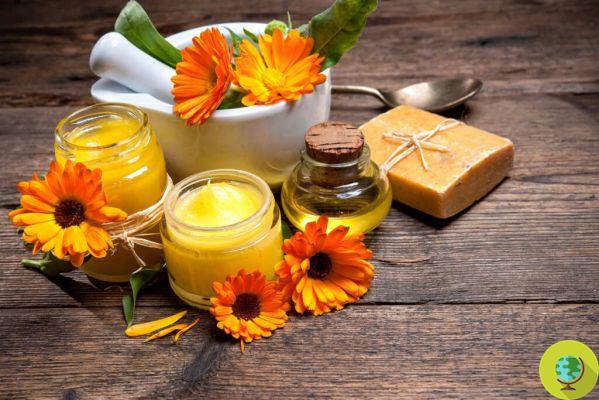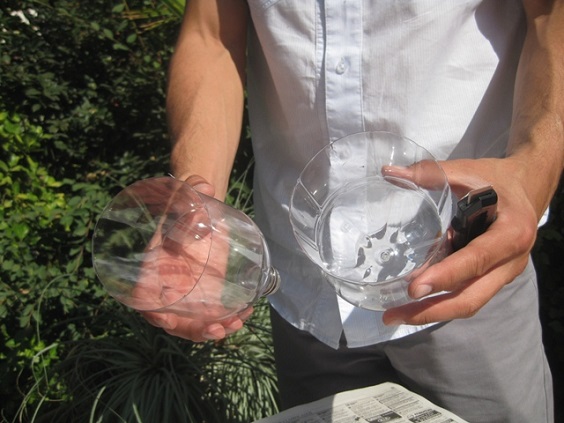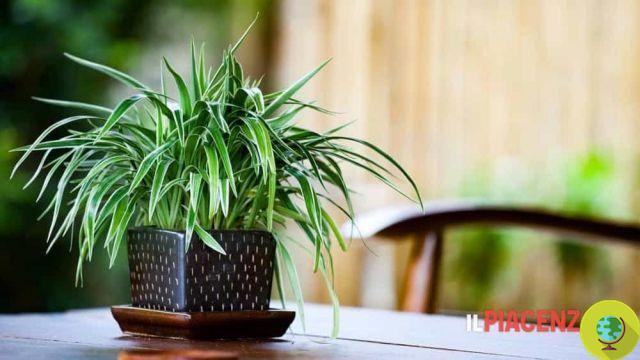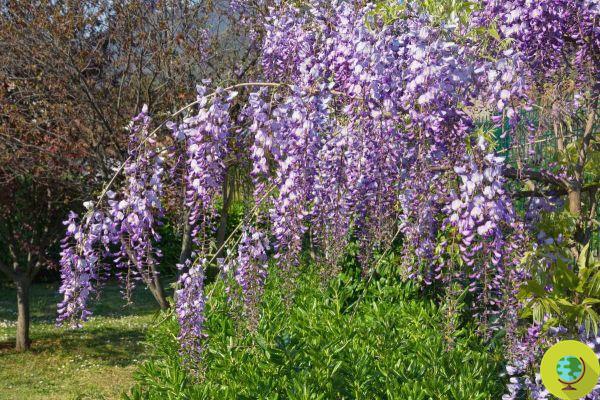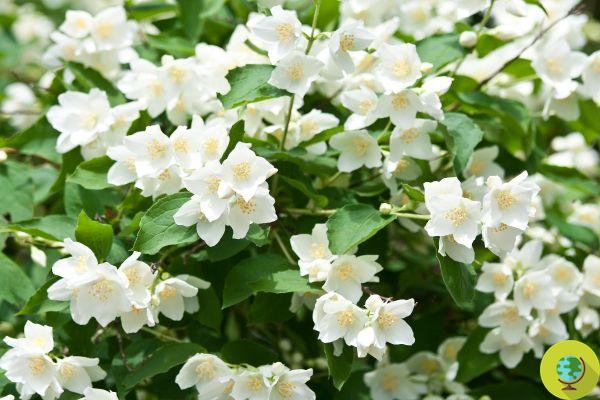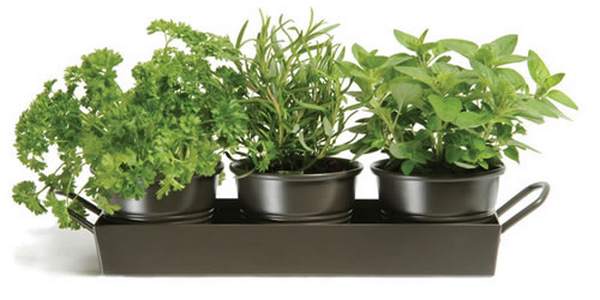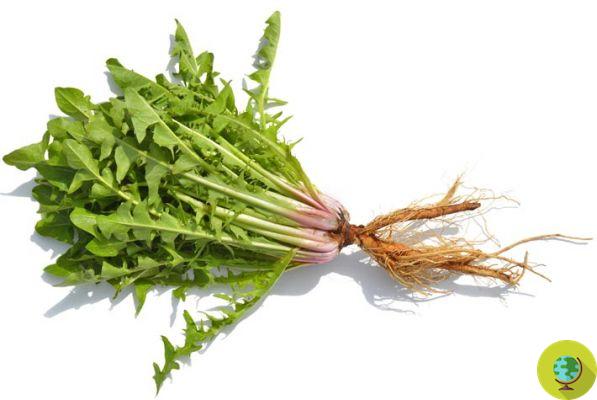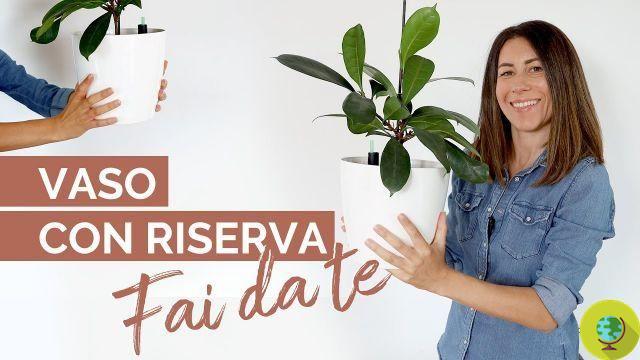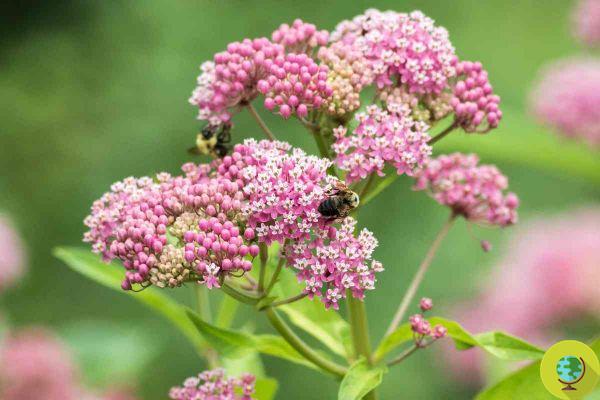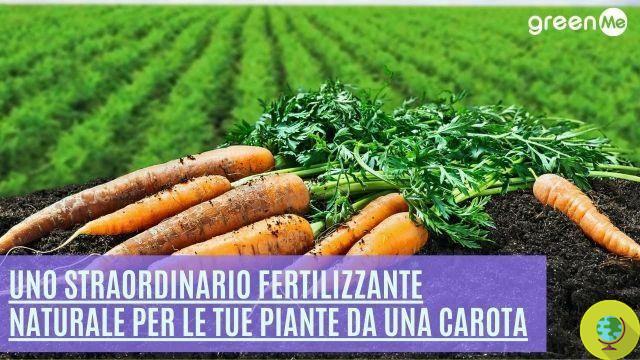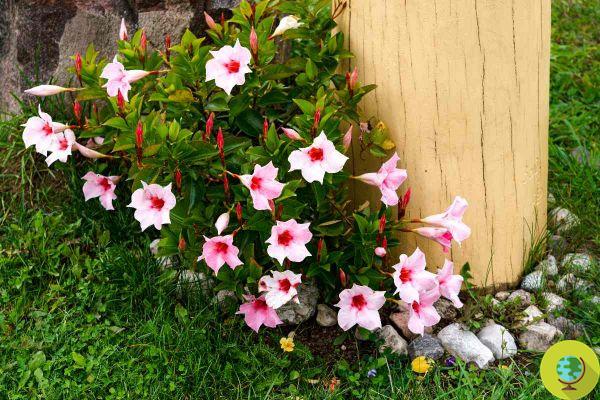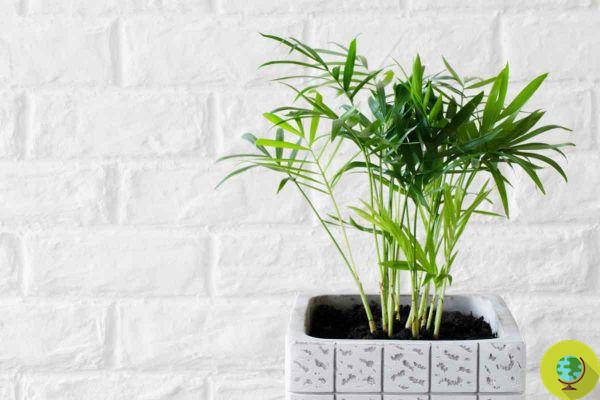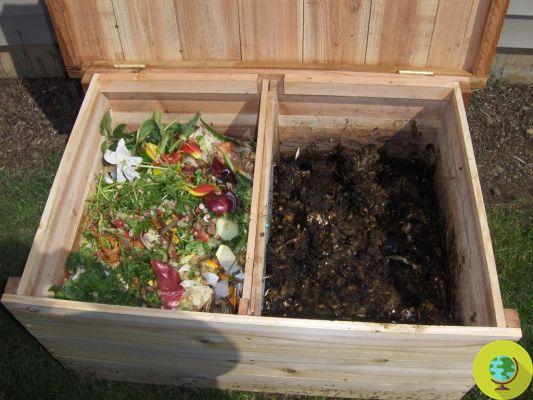
If you compost or have decided to compost perhaps one of the questions that will go round your head will be but how long will it take me to have compost?
He is about to end up run over, his mother saves himIf you compost a you have decided to compost perhaps one of the questions that will go round your head will be "but how long will it take me to have compost?"
The simplest way to compost is to set up a pile in your garden, assuming you have one, in which to accumulate leftover leaves, simply letting them decompose naturally.
The amount of time it will take will vary depending on factors very important such as temperature, humidity and the composition of the pile itself.
When it is hot, the humidity increases and there is a good ratio between carbon and nitrogen in the heap or in the composter in three months decomposition is possible. But outside these parameters, the timing varies.
With composting using earthworms instead, the method becomes faster and it is not necessary to have a garden, just a balcony, a composter (maybe do it yourself!) and earthworms which, given that they will become in large numbers, will process food scraps very quickly.
In the beginning the little annelids will perform their tasks in a variable period between 4-6 months, but once they grow in number they will be able to finish a "composting cycle "even in 2-3 months, which of course will depend on the content and climatic conditions of your compost bin.
It is clear that, based on the degree of "ripeness", compost can have different applications:
-fresh: still in transformation, do not put in contact with roots because it is unstable and to be used at a distant time from sowing and transplanting;
-ready: more stable than the fresh one, it is possible to use it immediately before transplanting or sowing;
-mature: it is the most stable type, it is possible to use it without major precautions it is also perfect for transplanting, repotting, sowing ...
Council: do not rush, but if you decide to use your compost as a natural fertilizer, use it fresh too, using the precautions just discussed and your plants will thank you.
KIA - Carmela Giambrone
Read all of our articles on do-it-yourself compost




